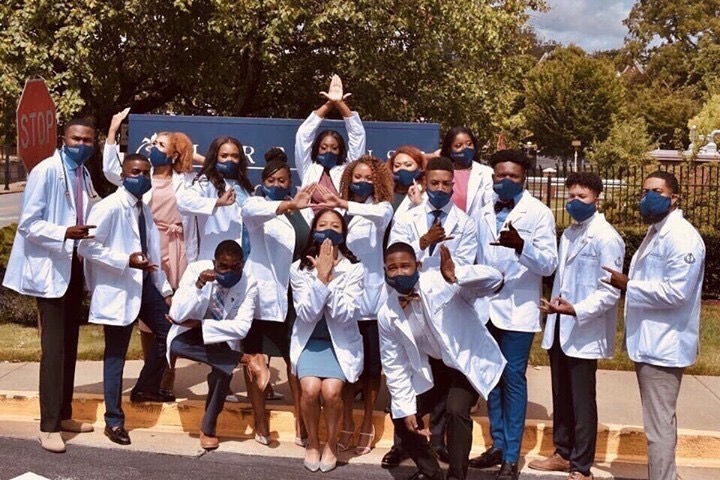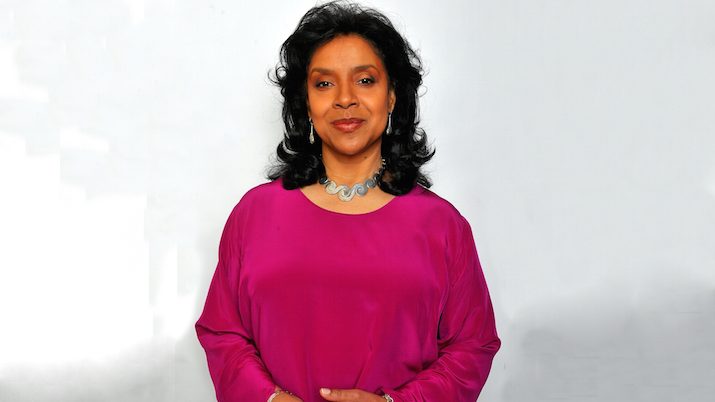
The world of collegiate women’s gymnastics is looking more diverse as Fisk University recently became the first HBCU to host an intercollegiate women’s gymnastics program. “Woman’s gymnastics exemplifies the values of Fisk University: determination, excellence, and a commitment to a more just and equitable future,” stated the university’s official announcement. “These values have consistently been at the forefront of women’s gymnastics and Fisk could not be more excited to welcome these remarkable student-athletes to the campus starting this coming fall.
Fisk’s newest athletic team has already caused a stir within the gymnastics community. In May, five-star recruit Morgan Price made news with her announcement to join Fisk University’s gymnastics program instead of accepting a full scholarship to the University of Arkansas.
“African-Americans weren’t allowed to go to [predominantly white institutions] and SEC schools,” she told reporters. “The fact I can go to an HBCU and be able to show off my talents at the school my ancestors made for me is so much more [of an honor] than going to an SEC school.”
Former NCAA champion Corrine Tarver has been announced as the coach of the young program. According to reports, the team will participate in five events during the fall while training at the Nashville Gymnastics Training Center. As members of the team shared videos of their first practice on social media, their posts went viral, with thousands of viewers sharing their happiness about the program. “Oh it’s over for these other universities,” stated one viewer. Another commented, “As a retired gymnast who always wanted her HBCU to have a gymnastics team I almost shed a tear cause seeing this is beautiful.”
The inaugural season of Fisk’s women’s gymnastics team will commence in January 2023. “We are really excited about this historical event. Fisk has always led the way regarding HBCU milestones. We continue to do so today,” reportedly stated athletic director, Dr. Larry Glover. The Ivy Times can’t wait to follow along as this historical team continues making a splash in the arena.










